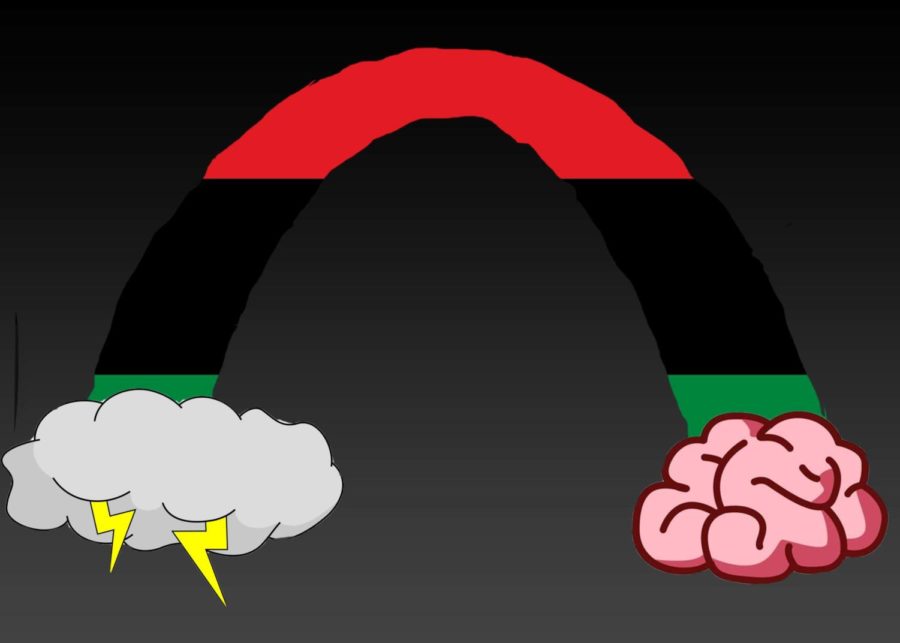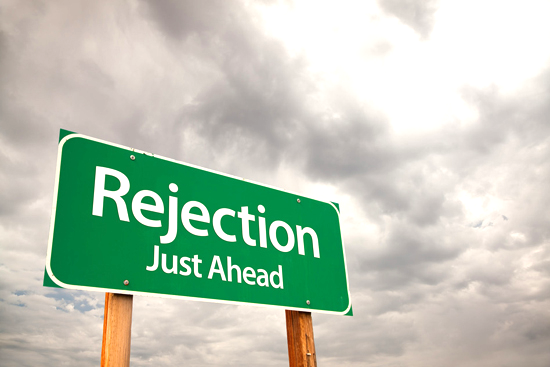Why Mental Health Care is stigmatized in the Black Community
After Black History Month, it’s important to acknowledge a big issue in the black community: mental health being stigmatized.
Things like cultural factors, societal pressures, stereotypes and systemic racism all play a role in influencing beliefs about mental health in African American communities.
In the African American community, mental health is often compounded by the psychological stress of systemic racism. Just one in three African Americans who struggle with mental health issues will never receive appropriate treatment. According to the American Psychological Association (APA) Mental Health Facts for African Americans guide, they are also less likely to receive guideline-consistent care and be included in the research.
For a very long time, African Americans have been misdiagnosed at higher rates than white patients.
Religion is also a large part of why African Americans don’t typically get the proper help they need with their mental health. Growing up, most African American children are raised in a church, therefore parents believe that if you just pray on it, then God shall heal you. Hence, prayer and faith are often seen as salves for mental health woes.
“African Americans make up 33 percent of the sentenced prison population,” Clinical Associate Professor Ruth White said. “If an African American person with a mental illness acts out in violence, they are much more likely to be criminalized than to be given the opportunity to receive mental health care.” As a community, we don’t take it seriously so we aren’t given the benefit of the doubt. Others on the outside looking at it just see it as an angry black individual.
Something rooted deep within the black community that has been stigmatized is how to be seen as men, they must show no weakness. This originated in the 1980s during the mythopoetic movement. That was 42 years ago. As a society, we must do better. This is a generational curse that has to be broken, and soon.
As toddlers, the fathers teach them to not cry, suck it up and be a man. This is teaching them to numb their emotions. This repetition of toxic masculinity breaks down one’s mental health. Going forward, fifteen years later this same boy who has now become a “man” shows no emotion to any love interest, sports or really anything at all. His emotions were numbed at such a young age that he now fears to show emotion.
As a society, we need to work on bringing down those stigmas. Starting with normalizing, coming to terms with how you feel, seeing a therapist or just talking to someone you feel comfortable talking to. We must shift how we portray mental illness in films, TV shows and the media. Reducing the stigmas could increase the likelihood that individuals with mental health will seek treatment. Getting that treatment can lead to them living happier and more fulfilling lives.
Breaking down the stigmas could also increase the number of culturally competent individuals and change the narrative surrounding mental illness. Education surrounding mental illness and normalizing mental health problems may help people recognize that getting treatment for a mental health problem shouldn’t be any more shameful than getting treatment for a physical health problem. If you or anyone else who you know could be struggling with their mental health encourage them to talk to a counselor or even call the number located on the back of our IDs.
I also recommend reading these books to educate yourself more on this topic:
- The Unapologetic Guide to Black Mental Health: Navigate an Unequal System, Learn Tools for Emotional Wellness, and Get the Help you Deserve
- Black Mental Health: Patients, Providers, and Systems
- Community Mental Health Engagement with Racially Diverse Populations




